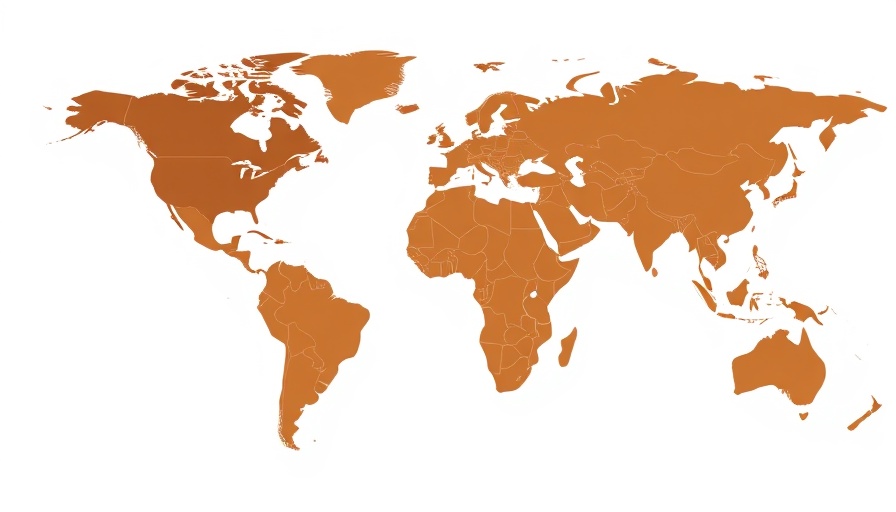
Understanding the Challenges of Diagnosing Dementia
Dementia is a collective term for various degenerative conditions affecting memory, thinking, and communication abilities, including Alzheimer’s disease. As of 2021, it affects about 57 million people globally, according to the World Health Organization (WHO). Despite the increasing prevalence of dementia, a new study reveals that the average time to receive a proper diagnosis is 3.5 years after the onset of symptoms. This delay is even longer for individuals with early-onset dementia, hitting an average of 4.1 years.
The Complexity of Symptoms
The diagnostic journey for dementia can be complicated. Symptoms often manifest subtly and may be mistaken for normal aging or stress, making early detection challenging. Furthermore, there is currently no singular test to diagnose dementia definitively, which adds to the complexity for caregivers and healthcare professionals alike. Early symptoms may include slight forgetfulness or confusion, which many dismiss until they become disruptive.
Importance of Early Diagnosis
Recognizing the signs of dementia early is crucial. Dr. Vasiliki Orgeta, an expert in psychiatry from University College London, emphasizes that early detection allows individuals and families to make informed care decisions, improving quality of life. Moreover, timely diagnosis alleviates the burden on healthcare systems by facilitating proactive care rather than reactive measures. This is critical as the number of dementia cases is expected to escalate with an aging global population.
Strategies for Early Detection
To combat the delays in diagnosis, researchers have been exploring new methods for improving early detection. Innovations in technology and new diagnostic criteria may enhance the ability to identify dementia sooner. Regular screenings and awareness of early symptoms could empower families to seek help earlier, ensuring that patients receive appropriate interventions sooner rather than later.
Global Health Implications
The rise in dementia cases poses significant challenges to healthcare systems worldwide. With an aging population, the prevalence of cognitive impairments will likely continue to grow, making timely diagnosis a critical public health issue. Understanding the implications at this global level allows for better planning and resource allocation, as countries grapple with the potential consequences of untreated dementia.
Living with Dementia: Emotional Aspects
Facing the prospect of dementia can generate a range of emotions, from fear and uncertainty to hope and determination. Families often find themselves navigating complex feelings as they witness loved ones change over time. Resources and support networks play a crucial role in helping families cope with these changes, allowing them to share experiences and strategies for managing the condition together.
Challenges in the Diagnosis Process
Several factors contribute to the protracted diagnosis of dementia. Stigma surrounding mental health can discourage individuals from seeking help, while healthcare disparities may lead to unequal access to diagnostic tools. Moreover, families might hesitate to confront the potential of a dementia diagnosis, fearing the implications it may have on their family dynamics.
Conclusion: Taking Action Towards Timely Diagnosis
As dementia continues to impact millions around the globe, promoting awareness and understanding of the disease is crucial. Encouraging timely medical evaluations and normalizing discussions around dementia can lead to better outcomes for patients and their families. The importance of being proactive cannot be overstated; early detection allows for planning and access to supportive resources that enhance the quality of life for those affected.
As the global landscape of health evolves, staying informed about health issues is more critical than ever. Let's be vigilant in recognizing the symptoms and pushing for timely diagnoses to ensure better care and support for those affected by dementia.
 Add Row
Add Row  Add
Add 




Write A Comment